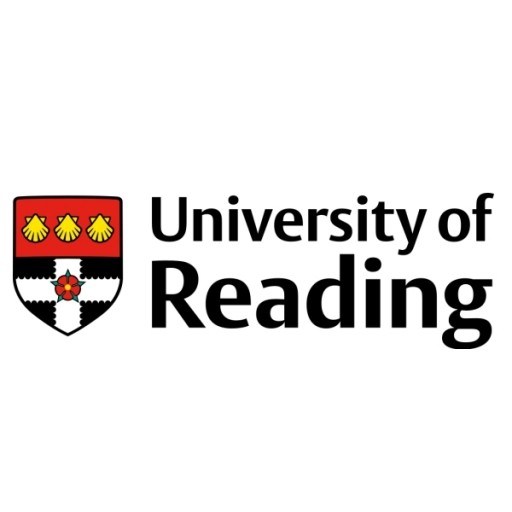Photos of university / #uniofnottingham
Advertisement
Course Content
You will be required to study the following core modules in semester one:
* Introduction to Management Psychology
* Employee Relations and Motivation
* Strategic and Human Resource Management
* Workplace Counselling and Career Development
You will also be able to choose two of the optional modules listed below:
* Core Research Methods
* Occupational Research methods
* Applied Psychology and Social Influence at Work
* Organisations, Stress and Health
Semester two covers the core modules listed below:
* Organisational Learning
* Training in Organisations
* Organisational Development and Change
* Occupational Selection and Assessment
* Consultancy Skills Workshop
* Applied Research Methods
Please note that all module details are subject to change.
Over the summer period towards the end of the course, you will undertake an applied project (Organisational Case Study) and Extended Essay, which will give you the opportunity to cover and apply theories or topics addressed on the course in more depth.
Course Structure
The MSc in Management Psychology is delivered on a full-time basis over one year or part-time over two years. It has two starting points in the year, which means that you can join the course in September or January. The course comprises 180 credits, split across 120 credits´ worth of core and optional taught modules. The remaining 60 credits are shared between the Organisational Case Study and Extended Essay.
A variety of teaching methods are used on this course to facilitate learning. These include lectures, seminars, workshops and self-managed learning groups. Assessment is also undertaken by a variety of means, including examinations, essays, dissertations and field-based project work. On some occasions, students might be asked to make individual or group-based presentations in seminars and workshops. Although not formally assessed, these presentations are an essential opportunity for students to demonstrate knowledge of the topic and important transferable skills, e.g. presentation skills.
Part-time students on this course are taught alongside full-time students and the choice of modules (and therefore the timetable) is flexible and a matter for agreement between student and course director. In all cases, part-time students can access a wide range of teaching and learning facilities remotely via the student portal.
We also offer a Postgraduate Diploma in Management Psychology, which mirrors the taught component of the MSc but does not include the Organisational Case Study
Modules
This module covers contemporary issues in selection and assessment both from a psychological perspective and as an important personnel system for organisations. It provides discussion of: the nature of the selection system, organisational and job analysis, recruitment, selection interviewing and psychometric testing, selection validation, the nature and use of assessment centres, and computer/internet testing. The emphasis throughout the module is on selection as a process comprising an identification stage, a design and delivery stage, and an evaluation stage, with multiple feedback loops between stages.The module covers the core consultancy skills required of occupational, work and organisational, occupational health and health psychologists.It also considers ethical issues and the Code of Conduct of the British Psychological Society. Summary of content: This module provides an introduction to various approaches to understanding organisations and the environments in which they operate. Areas covered include: o Perspectives on organisational development and change o Evaluation of change o Groups, teams and team development o Organisations & organisational culture o Complexity, Whole Systems Working and Large Group Interventions o Strategic Leadership and change This course examines the theory and practice of individual and organisational learning from a strategic perspective. Definitions of organisational learning - its relevance and purpose. How to facilitate learning organisations using scenario planning and search conference methods. The course covers Senge's work on the "Fifth Discipline" and "Dance of Change". Knowledge management, social capital and communities of practice Barriers to learningThis module provides the foundations on which to build an understanding of the behaviour of individuals, groups and organisations, focusing on key themes and authors as well as the relationship between Management Psychology, psychology, management and human resource management.The module focuses on theories of learning and the application of these to training development and design in organisations. The module also considers training needs analysis, training transfer and evaluation of training. Using case studies and organisational scenarios students will develop practical skills in the development and delivery of training programmes. This module will be assessed by an examination and coursework - students will be required to pass each element.This module builds on previous research methods modules and provides students with an introduction to further research methods and analysis. This includes both qualitative and quantitative approaches, and some new approaches to collecting and analysing data (eg. internet based research).








